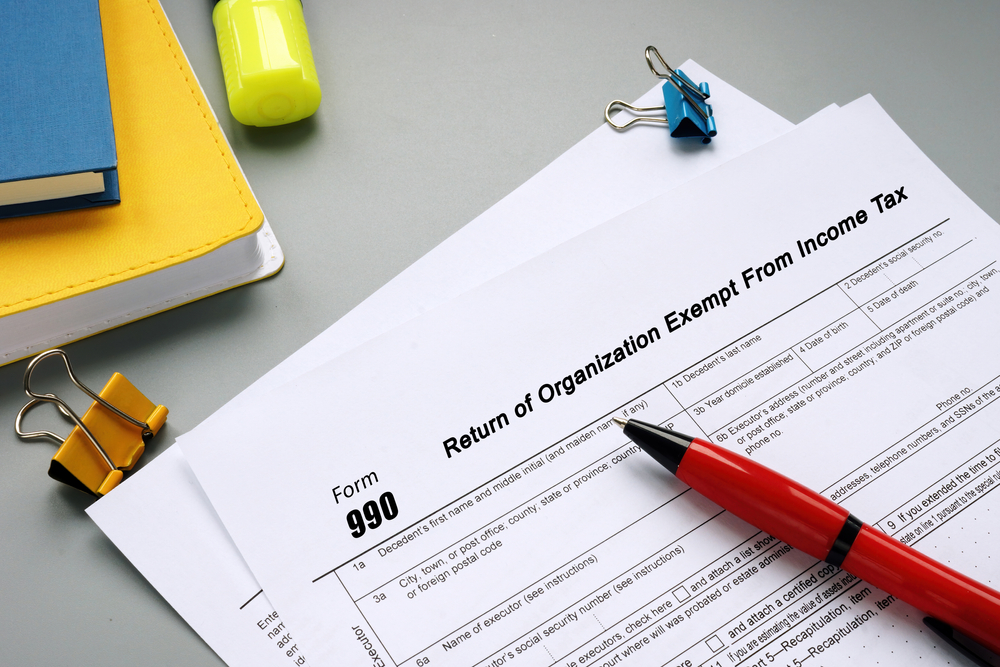
Form 990 Red Flags to Avoid
This post highlights critical Form 990 red flags that stakeholders should be aware of to safeguard their nonprofit’s reputation and operational effectiveness.

This post highlights critical Form 990 red flags that stakeholders should be aware of to safeguard their nonprofit’s reputation and operational effectiveness.

501(c)(3)s are limited in their ability to lobby. Federal tax law restricts a 501(c)(3)’s lobbying activities under either the substantial part test or expenditure test.

The 1023-EZ is a good faith effort by the IRS to make the 501(c)(3) application process more efficient and accessible.

The IRS has announced a new procedure, Rev Proc 2024-5, facilitating the issuance of determination letters to existing 501(c)(3) organizations aiming to change their recognized

The determination letter is a notice sent by the IRS stating the nonprofit’s exempt status.

Tax-exempt organizations must allow timely public inspection of their last three annual information returns and their exemption application or risk steep penalties. Many nonprofits are caught off guard when they receive their first request. Below is a summary of what must be provided and when and what may be withheld.

Generally, organizations which are exempt from taxation are listed in § 501(c) of the Internal Revenue Code (“I.R.C.”). Instead, political organizations are governed under I.R.C. § 527. 501(c) organizations are exempt from income tax for various public policy reasons, such as helping to improve lives, strengthening communities and the economy, and lightening the burdens of government. To incentivize social good, the government subsidizes 501(c) organizations by eliminating their tax burden. Conversely, political organizations organized under § 527 do not provide charitable services or improve social welfare. Rather, their sole function is to influence the election of candidates for public office.

The IRS has issued Notice 2021-56 outlining the requirements that LLCs seeking 501(c)(3) status must meet to be recognized as tax-exempt by the IRS. These

At the beginning of each fiscal year, the IRS releases guidance on its compliance priorities for tax-exempt and government entities (TE/GE) and explains how those priorities align with the agency’s strategic goals. This year, the IRS has streamlined its usual annual long letter approach into a short two-page letter and promised to provide quarterly updates on its compliance priorities; an effort to more accurately reflect the fluid nature of IRS operations and shifting compliance priorities throughout the year.
The IRS released a statement admitting that they sent certain tax-exempt organizations premature auto-revocation notices in error.
Most states require you to register your organization if you solicit donations from their residents. Many states also require registration if your organization collects substantial or ongoing donations from their residents, even if you aren’t specifically targeting donors in that state. Download our comprehensive list of each state’s requirements.
Download our free guide to learn about the many elements needed to run a successful nonprofit organization, as well as how to avoid common pitfalls and mistakes.